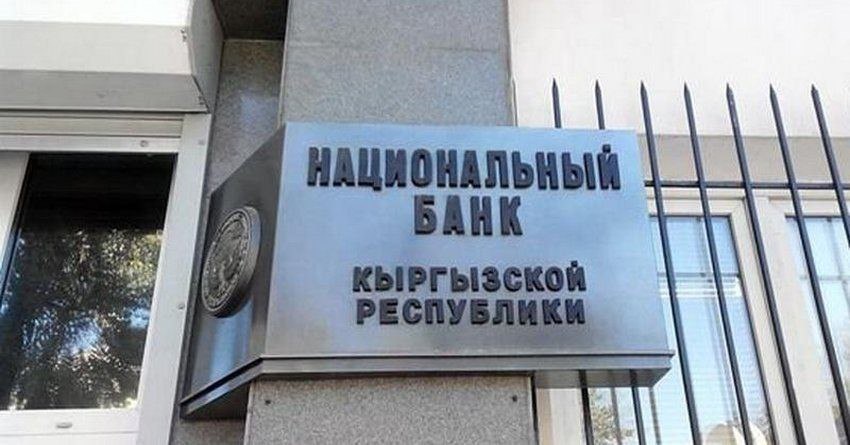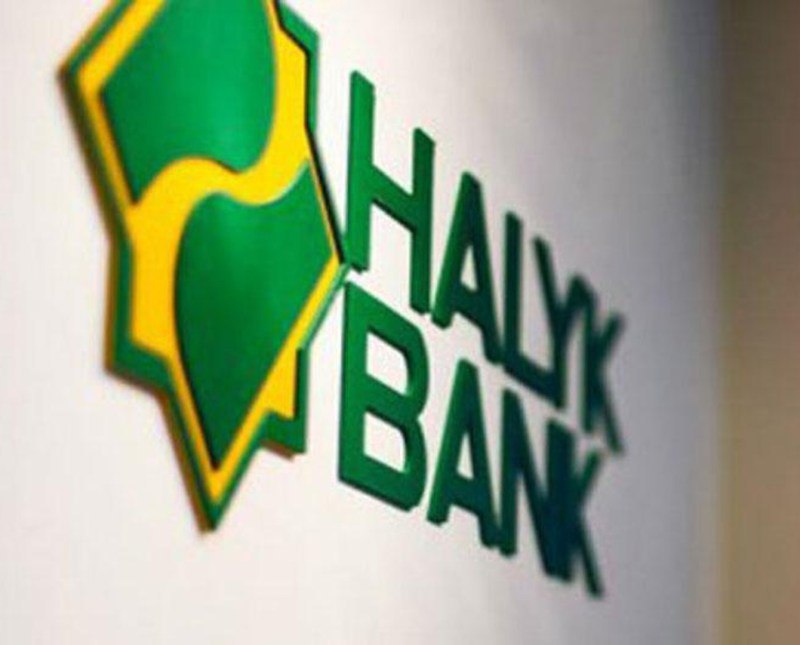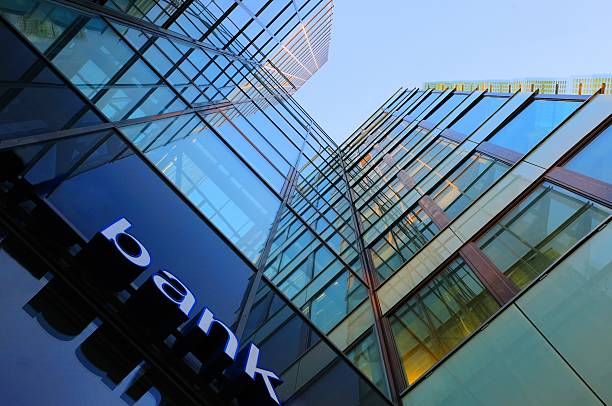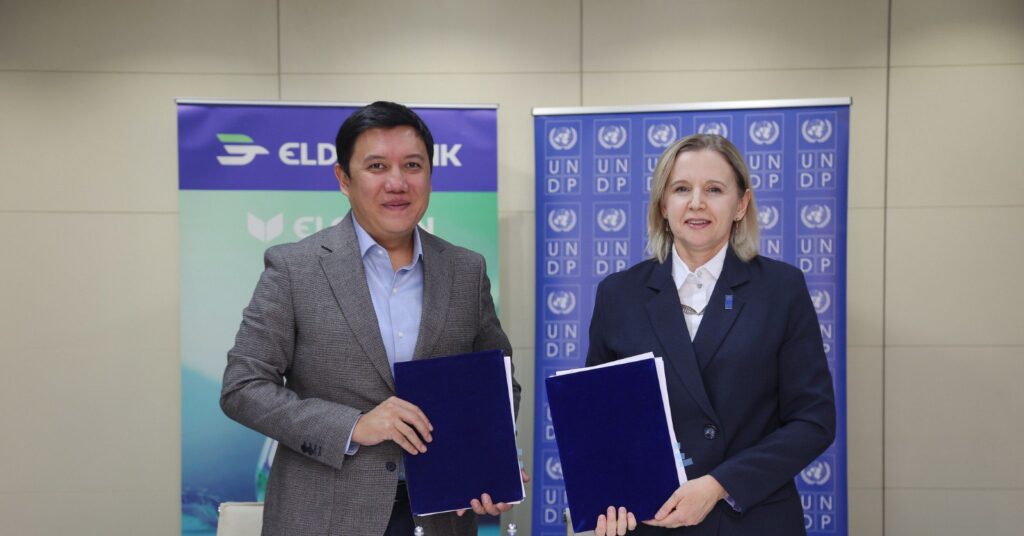Revolut Blocks Top-Ups from Central Asian Bank Cards for EU-Based Users
Russian citizens residing in the European Union have reported being unable to top up their Revolut accounts using bank cards issued in Kazakhstan, Uzbekistan, and Tajikistan. According to Oninvest, at least five individuals encountered the same issue, with Revolut rejecting the transfers and stating that the cards used are “no longer supported.” Revolut’s customer support confirmed that as of December 1, the bank no longer processes top-ups from cards issued in Kazakhstan, Uzbekistan, and Tajikistan for users living in EU member states. The restriction is not temporary; the bank said similar transactions will not be accepted going forward. Notably, none of the banks in question are subject to international sanctions. Revolut attributed the change to internal policies and updated compliance requirements from international payment systems. These systems have reportedly classified Kazakhstan, Uzbekistan, and Tajikistan as high-risk jurisdictions for card-based top-up operations. The bank emphasized that the decision was mandated by its payment partners, not initiated by Revolut itself. Users also reported that top-up attempts through mobile apps of Central Asian banks resulted in error messages. However, Revolut advised that alternative methods, such as Apple Pay, Google Pay, and international bank transfers, remain available. Some customers based in France received a notification from Revolut stating that the platform will no longer accept card transfers from 52 countries. The list includes several countries where Russians relocated after 2022, such as Armenia, Georgia, Kazakhstan, Kyrgyzstan, Uzbekistan, Turkey, Serbia, and the UAE, as well as popular travel destinations like Thailand and Vietnam.






